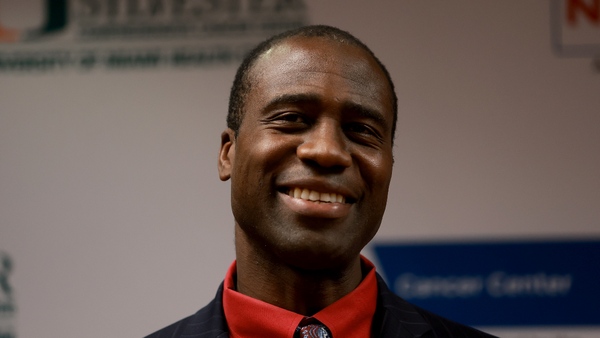
Campaigners studying play and childhood are calling for a major focus on reviving play in schools to tackle an “escalating crisis” in child mental and physical health.
The “plan for play” launched on Tuesday outlines a vision for the Department for Education to require every school to have a play plan that would be subject to Ofsted inspection. Under the proposals, teachers would be taught about play-based learning for children of all ages, not only early years.
Michael Follett, the director of Opal Play, an organisation that works to improve school playtimes, said children’s poor health could be tackled by a focus on play in all aspects of their life – but particularly in schools.
“There is a current and escalating crisis in childhood. Children are less fit and less active. They are increasingly suffering from mental health problems at a scale we have never seen before.
“Schools are now like a wildlife reserve for childhood – they could be the space that saves some of what is special for children. Even if this is the only play they ever experience it can make a significant difference in their lives – and for some children it really is the only play they get.”
Opal helps UK primary schools improve playtime using training on different types of play and a focus on junk equipment such as tyres, rope and sand, as well as dressing up.
One of the big challenges for schools is curriculum pressure that is cutting playtimes short. A 2019 report from the University College London Institute of Education found breaktimes in England had shrunk over the past two decades, with older pupils having lost more than an hour a week.
Follett says play should be on the curriculum.
“Schools focus on numeracy and literacy – why would you not also prioritise play?” he said. “Good play leads to better social skills, to happier, healthier children. I’ve been on the Play England board, I’ve been a council play officer – nothing gets through to children more than play in schools. It’s where you can reach the most number of children.
“At least in school, children have some time that is nominally referred to as playtime. Our playtimes are a whirling chaos of footballs, scooters and hoops, den building, dressing up and sand. In the rest of their lives it’s being taken away more and more.”
British children spend 20% – or 1.4 years of their entire time in school – in playtime and Opal says this shows more money should be spent on play.
The Labour MP Kim Leadbeater last year brought out a report that called for a wider understanding of wellbeing to keep people healthy.
She said the call for play was a vital part of that: “We know we are not getting the best out of children and young people with our current narrow curriculum. Play and the broader agenda around physical activity feed into that.
“I do a lot of work on wellbeing, asking how we can measure it. If we want to have happy, healthy children we need to look beyond Sats and exams. Right now we are stifling kids.”
The report also calls for better protection for play in all areas of children’s lives, recommending more ringfenced funding for playgrounds at local authority level, and suggesting the need to play should be embedded in the 2010 Equality Act as a protected characteristic.
The argument that children are suffering from a loss of time and space to play is also the subject of an inquiry by the committee that scrutinises the Department for Levelling Up, Housing and Communities.
The inquiry has been taking evidence from psychologists, campaigners, developers and architects, hearing arguments that children are not properly protected when new homes are built or when forced to share space with traffic on residential streets.
Leadbeater said: “We need to look at how we are building houses, to make sure the development has space for kids to play and meet. This is why the fight to protect community spaces matters as well – the libraries, the sports hall. This is where political choices come in – because we are fighting for the space and time for children to play and express themselves.”







